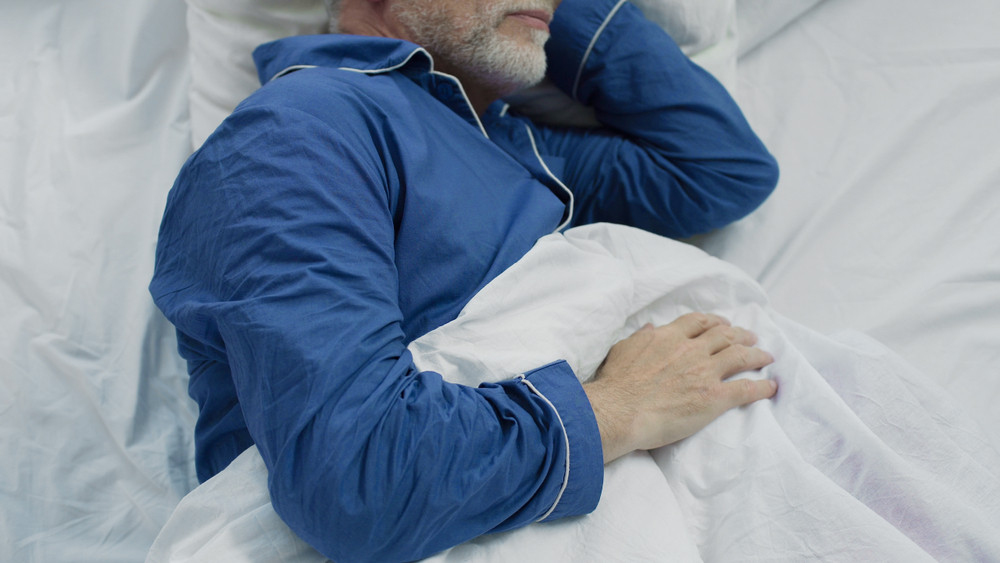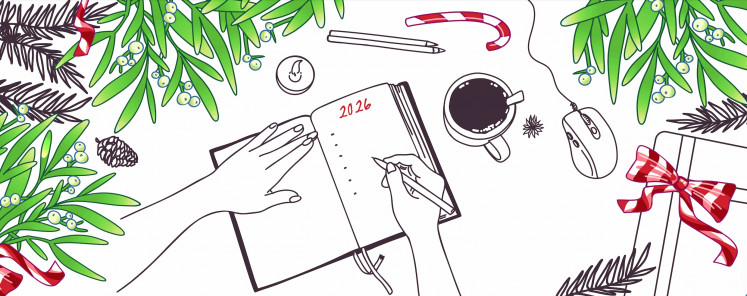Popular Reads
Top Results
Can't find what you're looking for?
View all search resultsPopular Reads
Top Results
Can't find what you're looking for?
View all search resultsStudy links REM sleep disorder to mental illness
A recent study indicates that REM sleep behaviour disorder (RBD), which often leads sufferers to kick and yell while asleep, may be linked to various forms of mental illness.
Change text size
Gift Premium Articles
to Anyone
A
recent study indicates that REM sleep behavior disorder (RBD), which often leads sufferers to kick and yell while asleep, may be linked to various forms of mental illness.
During normal REM sleep, the brain sends signals to the body’s muscles to prevent them from moving.
However, in people with RBD these signals are disrupted. As a result, in the grip of agitated dreams, sufferers may shout, punch and kick during their sleep to the point where they risk injuring themselves or anyone sleeping next to them.
For this study, published by the American Academy of Neurology, researchers surveyed 30,097 people in Canada with an average age of 63.
Their responses to a lifestyle questionnaire enabled the researchers to identify 958 people, or 3.2 per cent of the initial group, who were possible RBD sufferers.
Read also: Understanding the mental health and mental illness continuum
Analysis of the medical records of this subgroup showed that people with RBD were 2.5 times more likely to take anti-depressants, twice as likely to suffer from post-traumatic stress disorder, and 2.5 times more likely to suffer from mental illness.
The researchers also found that men were twice as likely to suffer from RBD.
The study also revealed that RBD sufferers were 25 per cent more likely to drink alcohol occasionally or regularly than non-sufferers.
The research team noted that their study does not prove that these factors cause RBO, but only establishes a link.











